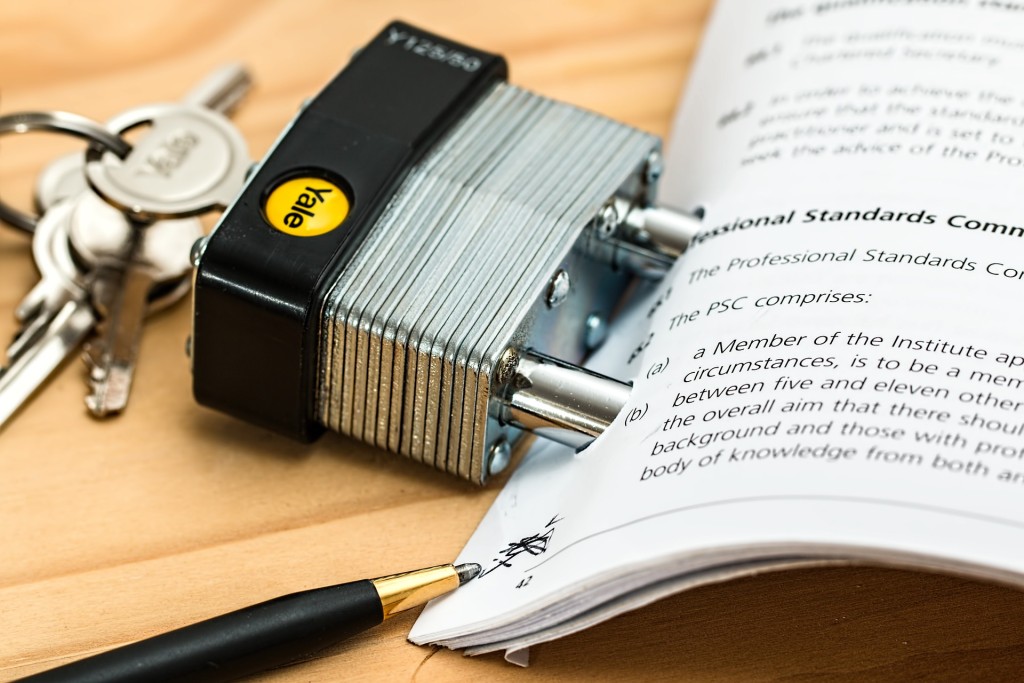 If you are a landlord your legal obligations and duties are determined by legislation as well as the verbal or written agreement you have with your tenant.
If you are a landlord your legal obligations and duties are determined by legislation as well as the verbal or written agreement you have with your tenant.
As a landlord it is important to be aware of your duties and ensure that you are compliant. Failure to do so exposes yourself to the risk of a penalty if a dispute arises with your tenants.
The most important statute to be aware of is the Residential Tenancies Act 2004 and its various regulations.
This Act outlines your rights and obligations in respect of rent, property maintenance, property access and the termination of a lease, among other things.
Every property is expected to be of a certain minimum standard and to include basic facilities for washing, cooking and the provision of heat.
An essential obligation for any landlord is to have their property registered with the Private Residential Tenancies Board.
Any disputes that arise between a landlord and tenant can be referred to the PRTB who can hear evidence and decide upon the matter.
One of the most common disputes that arise between a landlord and tenant involves the return of a deposit.
Under law the only circumstances in which you can keep part or all of a deposit is if you have not been given notice of termination, there are outstanding bills to pay or the tenant has caused property damage.
This damage must be beyond ‘normal wear and tear’.
It is important to note that as a landlord you do not have the right to enter the tenant’s home without prior permission, nor can you take or retain a tenant’s property, even in circumstances where they haven’t paid the rent.






Leave a Reply